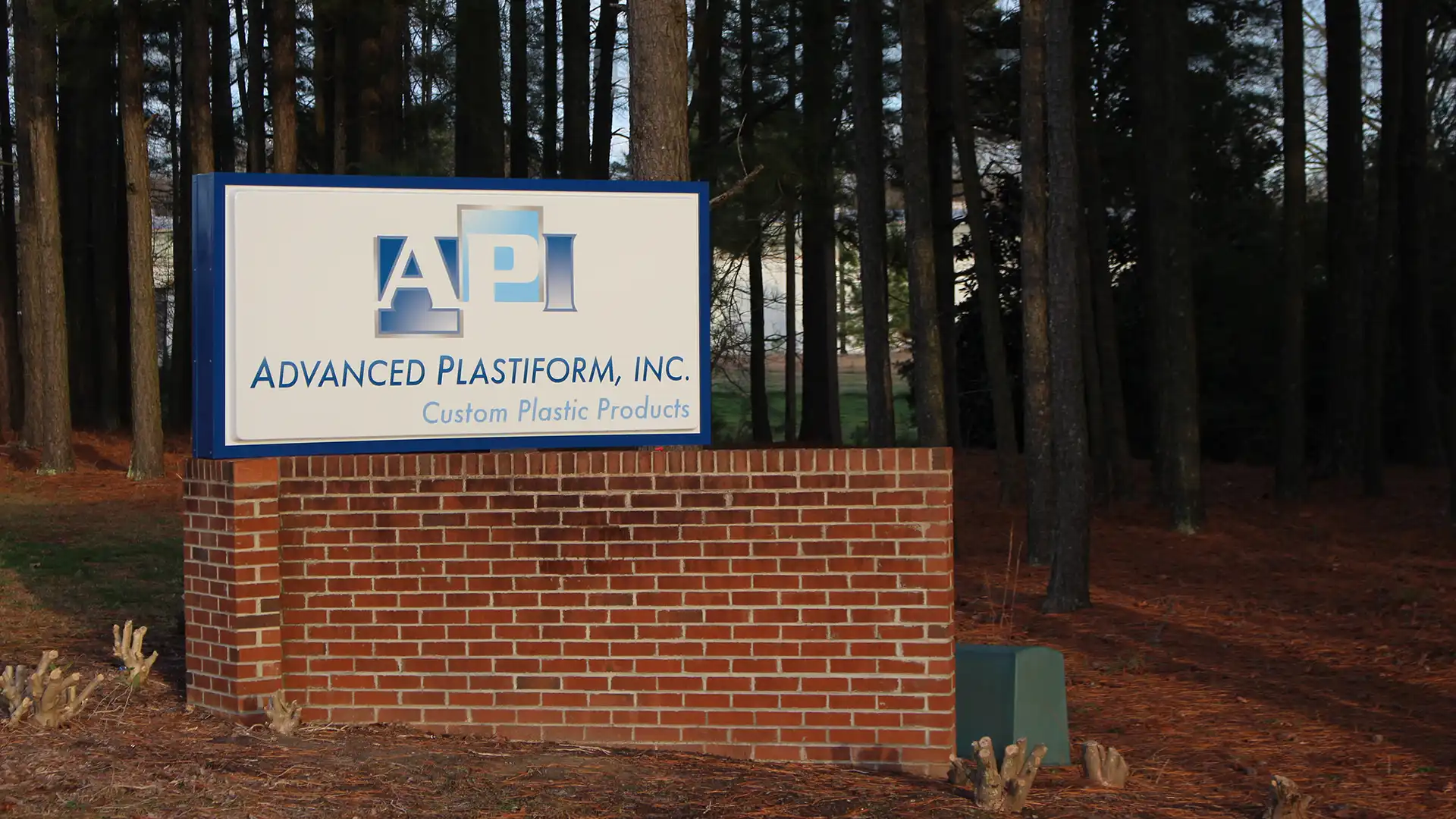Getting your tooling ideal will ensure a more accurate finished result, and we're sharing how…
Ensuring the tooling is designed properly is one of the most important factors to ensuring the success of a thermoforming project which includes accuracy to design, minimizing errors, and keeping costs low. To meet these variables, tooling is often created from aluminum, but what is it about this material that makes it the best option compared to other materials? We're taking a deeper look at why thermoforming tooling is most often made from aluminum and what makes it the right option for your next project.
Understanding Thermoforming Tooling
If you're unfamiliar with the term, "tooling" is simply how the industry refers to creating a thermoforming mold. Thermoforming tooling is a single-sided mold in which the heated plastic is laid over the shapes (in a "male" mold) or pressed into depressions in the shape ("female" mold) and clamped into place.
There are vents within the tooling that allows a vacuum to remove excess air between the plastic and the tool, creating a more defined, precise shape. Pressure forming is a form of thermoforming in which the vacuum removes air from between the tooling and plastic while a blast of pressurized air presses the plastic even more tightly against the mold, creating more sharply defined angles and curves.
Aluminum Tooling Qualities
Aluminum tooling is either "machined," meaning the tool is cut from a block of aluminum, or it's "cast, " meaning the metal is melted and molded into the shape you need. While machined aluminum may be more expensive to fabricate, it's a stable material that allows for small vacuum holes to be included, ensuring the plastic can be detailed and textured as desired. Cast aluminum is less generally less expensive, but because it requires more vacuum holes, adding texture can be compromised.
At Advanced Plastiform, Inc., we use aluminum thermoforming tooling for the production of custom plastic parts because it offers the qualities necessary to get excellent results. This includes:
Lower Cost
Aluminum is significantly less expensive than steel or copper alloy materials used in injection molding tooling.
Durability
For production manufacturing, aluminum holds up to constant use and large volumes so you get consistent results with minimal downtime.
Temperature Control
Aluminum tooling can be cooled easily during the thermoforming process which ensures a consistent temperature needed to ensure proper results without slowing down the manufacturing process.
Choosing Aluminum Over Other Materials
While aluminum thermoforming tooling is the most common option, there are others, including engineered composites and wood. Both are less expensive and easier to machine than aluminum, however, durability is the main concern. Plastics and wood can be used to create a prototype, pre-production sample, or a very small production run, but they can't hold up or maintain a consistent result over time. Thus, aluminum is used for production tooling to achieve the durability and consistency needed for large volumes.
Contact Us for a Free Quote for Thermoforming Services
When you need custom plastic products, parts, and components, reach out to Advanced Plastiform, Inc., a leading thermoforming company in North Carolina. We manufacture high-quality, durable plastics at a low per-unit price and a short turnaround time, and our company supplies plastics across the Southeast and Mid-Atlantic states including North Carolina, South Carolina, Pennsylvania, Maryland, Tennessee, Georgia, and Virginia.

